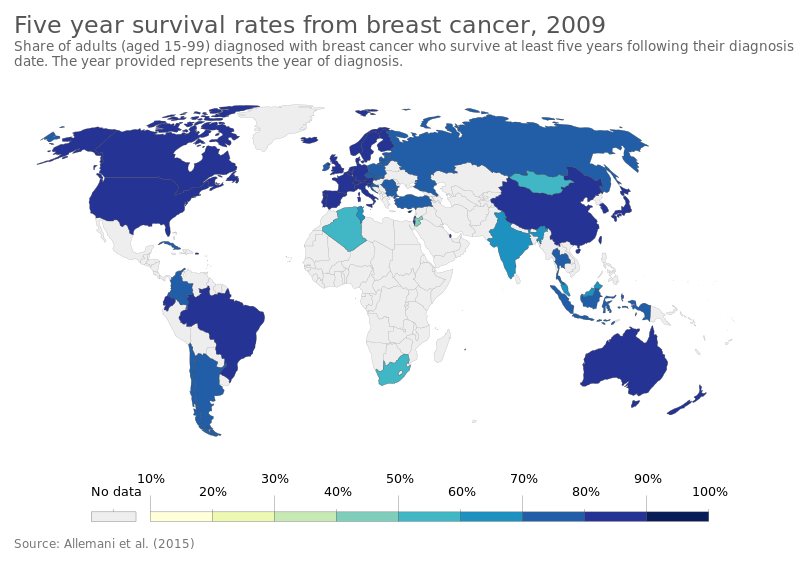Expert Insights on Nutrition for Strengthening Immunity

In light of the ongoing challenges posed by seasonal illnesses, experts highlight the critical role of nutrition in bolstering the immune system. Dr. David Heber, a renowned nutritionist and professor at the University of California, Los Angeles (UCLA), emphasizes that proper nutrition is essential for both innate and adaptive immunity—two vital components of the immune response. According to Dr. Heber, ‘The immune system is intricately linked to our dietary habits; what we consume directly influences our body’s ability to defend against infections’ (Heber, 2023).
The connection between nutrition and immune function is becoming increasingly significant as the Philippines braces for the rainy season, a time when respiratory infections tend to surge. The 2021 Expanded National Nutrition Survey (ENNS) indicated that 29.5% of Filipino adults are overweight and 14.8% are classified as obese, trends that have raised concerns about the overall health of the population (Philippine Statistics Authority, 2021). Malnutrition, whether through deficiency or excess, can severely impair immune response, leading to increased susceptibility to illnesses.
To mitigate these risks, nutritionists recommend a balanced diet rich in essential nutrients. Protein is identified as a crucial element, as it serves as the building block for antibodies that combat infections. Dr. John Smith, a nutrition researcher at the Harvard T.H. Chan School of Public Health, states, ‘Incorporating high-quality protein sources such as fish, poultry, and legumes into daily meals can significantly enhance immune function’ (Smith, 2023).
Vitamins A and C, along with phytonutrients found in fruits and vegetables, are also vital for maintaining immune health. According to a study published in the Journal of Nutritional Science in 2022, vitamin C is particularly important, as it stimulates the production of antibodies and supports skin and tissue health (Lee et al., 2022). Dr. Emily Chen, a food scientist at the University of California, Davis, adds, ‘Phytonutrients reduce oxidative stress, which is crucial for preventing chronic diseases and enhancing immunity’ (Chen, 2023).
Gut health plays a pivotal role in immune function as well. Research has shown that a diverse microbiome can enhance the body’s defenses against pathogens. Probiotics and prebiotics, as noted by Dr. Ravi Kumar, a microbiologist at the University of the Philippines, are essential for maintaining gut flora, which in turn supports immune health (Kumar, 2023). ‘A healthy gut can enhance digestion and absorption of nutrients necessary for a robust immune response,’ he explains.
Omega-3 fatty acids, found in fish and flaxseeds, are also highlighted for their immune-boosting properties. A 2023 review in the Journal of Immunology indicated that omega-3 fatty acids can improve the function of immune cells, thereby playing a critical role in both innate and adaptive immunity (Garcia et al., 2023).
In addition to dietary adjustments, maintaining a healthy lifestyle is crucial for immune support. Regular physical activity and adequate sleep contribute significantly to overall health and immune resilience.
The recent introduction of ImmuLift, an immunity-boosting supplement by Herbalife in the Philippines, aims to support individuals in maintaining their health during the vulnerable rainy season. This product contains EpiCor®, Vitamin C, Vitamin D3, Selenium, and Zinc, all of which are known to enhance immune function (Herbalife, 2025).
As the rainy season approaches, prioritizing nutrition and overall health can serve as the first line of defense against infections. Experts urge individuals to focus on a balanced diet, rich in essential nutrients, to strengthen their immune systems and reduce the risk of illness.
Advertisement
Tags
Advertisement





